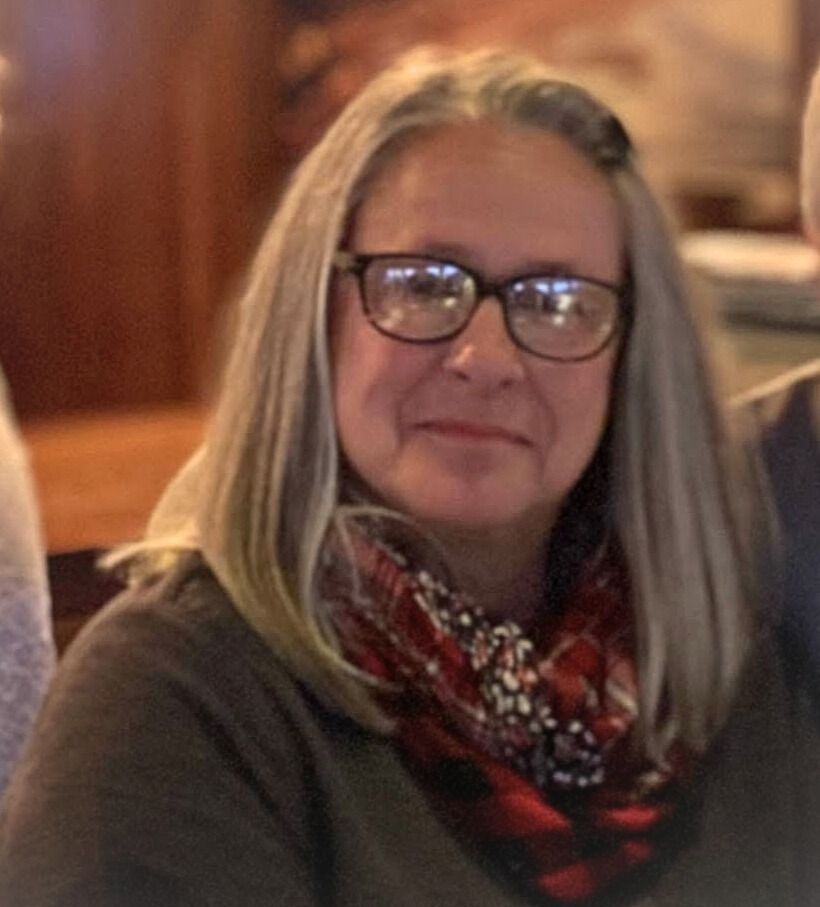Mary has been a CASA volunteer since 2019, serving 13 children and young people on 6 different cases. She actively pursues Continuing Education opportunities hosted by CASA and is always willing to offer a helping hand. Recently, she’s been a huge support in the Older Youth program as she’s helped host and facilitate Independent Life Plan classes. Mary has also helped make sure that all the boys in one of our local group homes have special cakes to celebrate their birthdays.
We had the opportunity to learn more about Mary, why she chose to become an advocate, and what motivates her to continue to serve. We’re excited to share some of Mary’s story!
CASA: Tell us a bit about yourself!
Mary: I grew up in Dayton, Ohio. I graduated from Purdue University in 1978 with a B.S. in Mathematics. After graduation, I married my husband, Tim, and I have been married to him for 46 years. We started our family in 1982… [and] I stayed home to raise our children until 2002. I then went back to earn my M.S in Education and taught middle school science until retirement.
While I was raising our children, I participated in volunteer work through women’s clubs and park district programs, including fundraising, drafting reports, delivering meals to senior citizens, and working with children with special needs.
After we retired, we moved to Rogers to be closer to one of our children.
CASA: How did you hear about CASA for the first time?
Mary: Shortly after we moved to Arkansas, my daughter asked me if I wanted to sponsor a CASA family at Christmas. I had never heard of CASA, so I asked around and researched the organization.
I was impressed with the fact that children with CASAs typically spend less time in foster care than children with no CASA. I wanted to learn about the child welfare system, the legal system, and the court system that I had heard and read about. And I felt that I would learn more about advocating for people and causes that I believed in.
CASA: Can you share some of your experiences of being a CASA?
Mary: Of course, our initial training was thorough and detailed. But, while working on my first case, I was nervous and had some doubts about my ability to do my job. Am I too timid? Am I too nosy? Am I too overbearing? And, I will admit, I have those same concerns at the beginning of every case. But, my supervisor, Shelley Hart, has been with me every step of the way, always ready with an answer or to just listen. She is one reason that I continue to be a CASA.
The excellent training we receive is another reason that I remain with CASA of NWA. I have learned so much about people of diverse cultures, different socioeconomic groups, and different ethnicities. I feel so fortunate to have gained so much understanding of unfamiliar cultures, leading me to understand others and to not judge them for their behaviors. That is humbling, for which I am eternally grateful.
But the main reason I love being a CASA and will continue to do so is I have an impact on the lives of children who need an advocate. They need someone to listen to them. They need someone to see their situation with a fresh set of eyes. They need compassion and emotional support.
CASA: Is there anything you’d be willing to share that really stands out to you from one of your closed cases?
Mary: One of my most treasured memories is when I saw the dad from a case that closed about one year prior. He was still working at the same job, and he proudly pulled out his phone and shared photographs of his son. I felt so proud of him, as he was a young man thrust into a difficult position. But he stepped up and took responsibility, and the love for his son was so palpable
CASA: What would you share with someone who is considering becoming a CASA themselves?
Mary: Being a CASA gives you the opportunity to make a positive difference in the life of a child whose has been traumatized by events out of their control. You can really get to know your child, because you can spend time with them that other people on the case cannot. So, you can help the case worker and the ad litem make decisions on the case plans and necessary resources.
Also, you can make recommendations to the appointed judge regarding the course of the case. So, you can really help to heal your child and their family. In that process, you can develop and improve your empathy, advocacy skills, communication skills, and self-confidence.
But the best part of being a CASA is that you can go to bed every night knowing that you are working to improve the life of a child.
If you would like to learn more about how YOU can make a positive difference in the life of a child, visit www.nwacasa.org/volunteer/requirements-training/ and sign up for a CASA 101!
